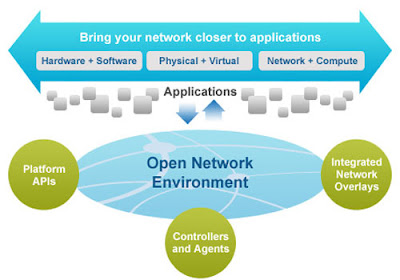Career planning is not an activity that should
be done once — in high school or college — and then left behind as we move
forward in our jobs and careers. Rather, career planning is an activity that is
best done on a regular basis — especially given the data that the average
worker will change careers (not jobs) multiple times over his or her lifetime.
And it’s never too soon or too late to start your career planning.
Tips to make career better:
1. Accept challenge
Through challenge you will reach areas of your personality you
have never discovered before. It is a good idea to step away from your comfort
zone to explore new horizons. If you settle into a routine and play it safe all
the time, you will never get ahead in your career. 'If you always do what
you've always done, you'll only get what you've already got'.
2. Examine Your Pastimes and Hobbies
Career planning
provides a great time to also examine the activities you like doing when you’re not working.
It may sound a bit odd, to examine non-work activities when doing career
planning, but it’s not. Many times your hobbies and leisurely pursuits can give
you great insight into future career paths.
Think you can’t
make a hobby into a career? People do it all the time. The great painter Paul
Gauguin was a successful business person who painted on the side. It actually
wasn’t until he was encouraged by an artist he admired to continue painting
that he finally took a serious look at his hobby and decided he should change careers.
He was good at business, but his love was painting.
3. Review Career and Job Trends
Everyone makes his
or her own job and career opportunities, so that even if your career is
shrinking, if you have excellent skills and know how to market yourself, you
should be able to find a new job. However, having information about career
trends is vital to long-term career planning success.
A career path that
is expanding today could easily shrink tomorrow — or next year. It’s important
to see where job growth is expected, especially in the career fields that most
interest you. Besides knowledge of these trends, the other advantage of
conducting this research is the power it gives you to adjust and strengthen
your position, your unique selling proposition. One of the keys to job and
career success is having a unique set of accomplishments, skills, and education
that make you better than all others in your career.
4. Research Further
Career/Job Advancement Opportunities
One of the really
fun outcomes of career planning is picturing yourself in the future. Where will
you be in a year? In five years? A key component to developing multiple
scenarios of that future is researching career paths.
Of course, if
you’re in what you consider a dead-end job, this activity becomes even more
essential to you, but all job-seekers should take the time to research various
career paths — and then develop scenarios for seeing one or more of these
visions become reality. Look within your current employer and current career
field, but again, as with all aspects of career planning, do not be afraid to
look beyond to other possible careers.
Shareinfo System Pvt Ltd can be a good platform to
start your career.












